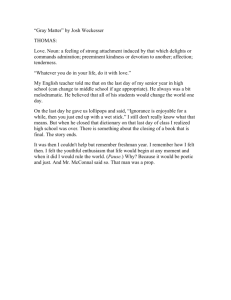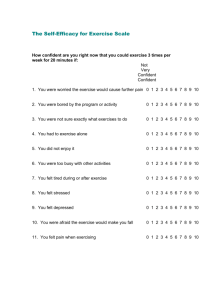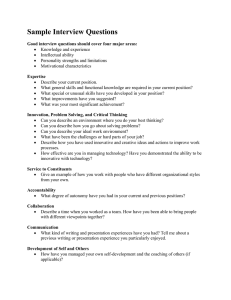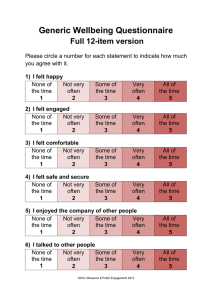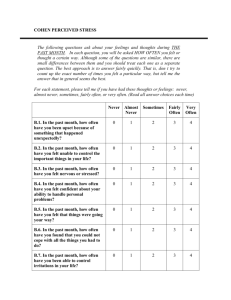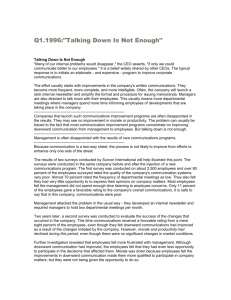Becoming STEM Proteges - Higher Education Research Institute
advertisement
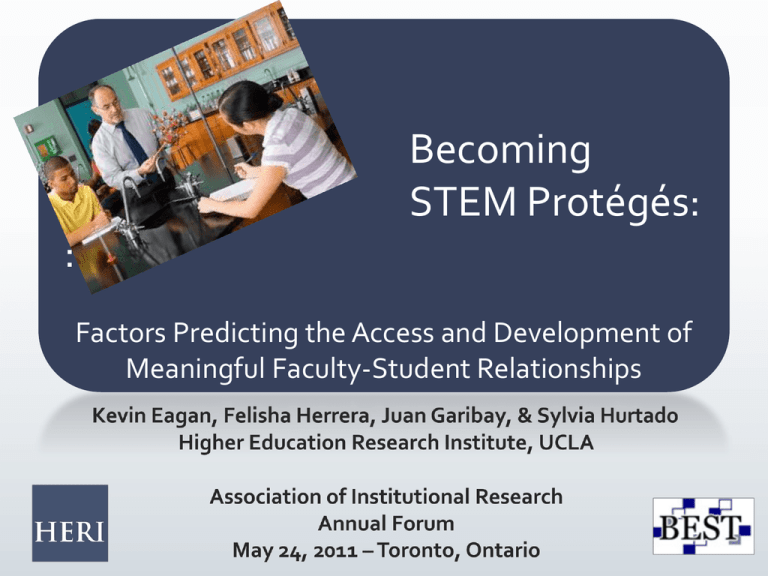
Becoming STEM Protégés: : Factors Predicting the Access and Development of Meaningful Faculty-Student Relationships Race/Ethnicity Latina/o 19% White 44% African American 16% American Indian 5% Asian 16% Background and Pre-College Variables Effect Native American (vs. White) – Came to college to prepare for graduate school + Goal of being well-off financially – Note: Several other pre-college experiences and achievement variables had significant associations with faculty mentorship prior to adding college experiences to the model. College Experiences Career goal: Discovery/enhancement of knowledge Failed one or more courses Effect + – Joined club related to major + Presented research at a conference + Worked on independent study projects + Tutored another college student + Met with advisor/counselor about career plans Asked professor for advice after class + + College Experiences Effect Challenged a professor’s ideas in class + Felt intimidated by professors – Felt isolated from campus life – Felt that faculty are interested in students’ personal problems Felt that faculty are interested in students’ academic problems Satisfaction with racial/ethnic diversity of student body + + + Institutional Context Effect Control: Private + Selectivity + HBCU (vs. non-HBCU) + Proportion of STEM undergraduates – Student aggregate: Faculty are interested in students’ personal problems Faculty aggregate: Faculty are interested in students’ academic problems + + Contact Information Faculty and Co-PIs: Sylvia Hurtado Mitchell Chang Postdoctoral Scholars: Kevin Eagan Josephine Gasiewski Graduate Research Assistants: Christopher Newman Minh Tran Jessica Sharkness Gina Garcia Felisha Herrera Cindy Mosqueda Administrative Staff: Aaron Pearl Juan Garibay Tanya Figueroa Papers and reports are available for download at: http://heri.ucla.edu/nih Project e-mail: herinih@ucla.edu Acknowledgments: This study was made possible by the support of the National Institute of General Medical Sciences, NIH Grant Numbers 1 R01 GMO71968-01 and R01 GMO71968-05 as well as the National Science Foundation, NSF Grant Number 0757076. This independent research and the views expressed here do not indicate endorsement by the sponsors.

